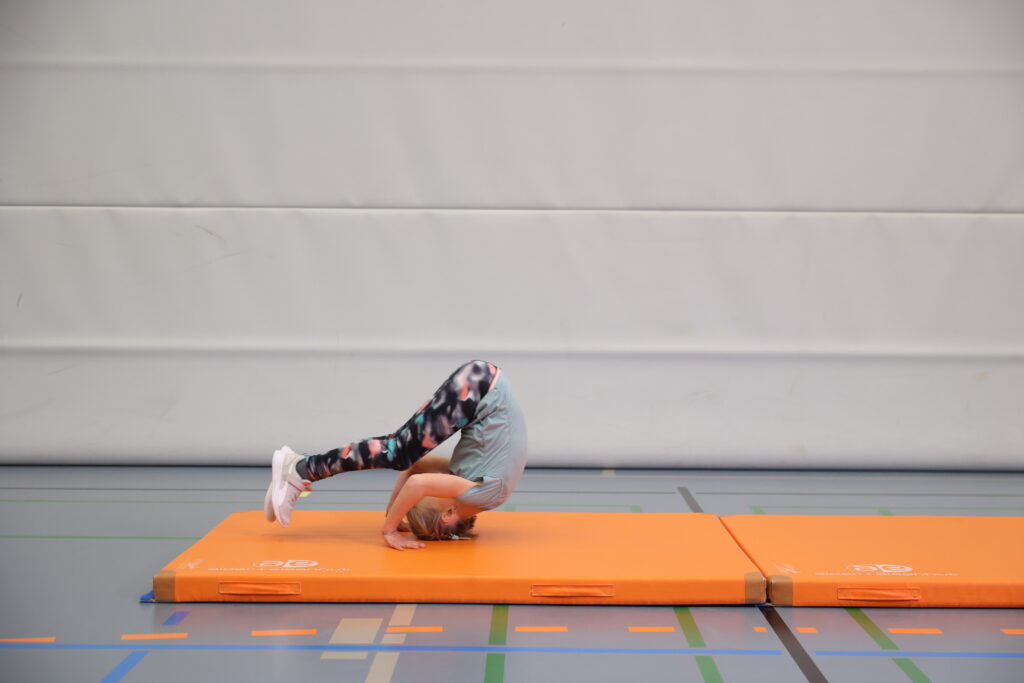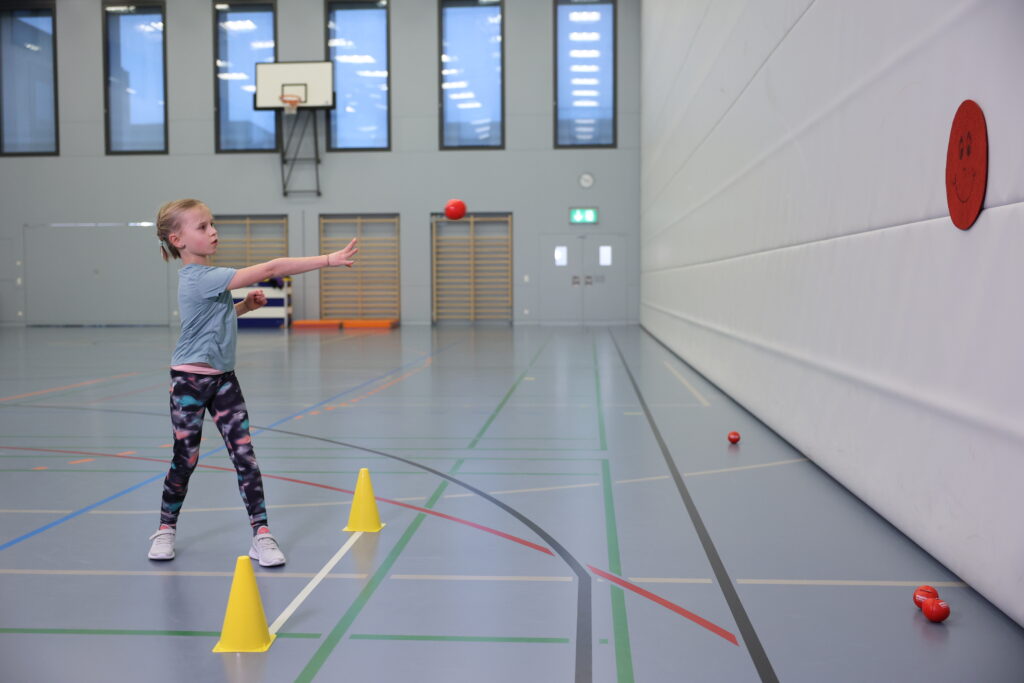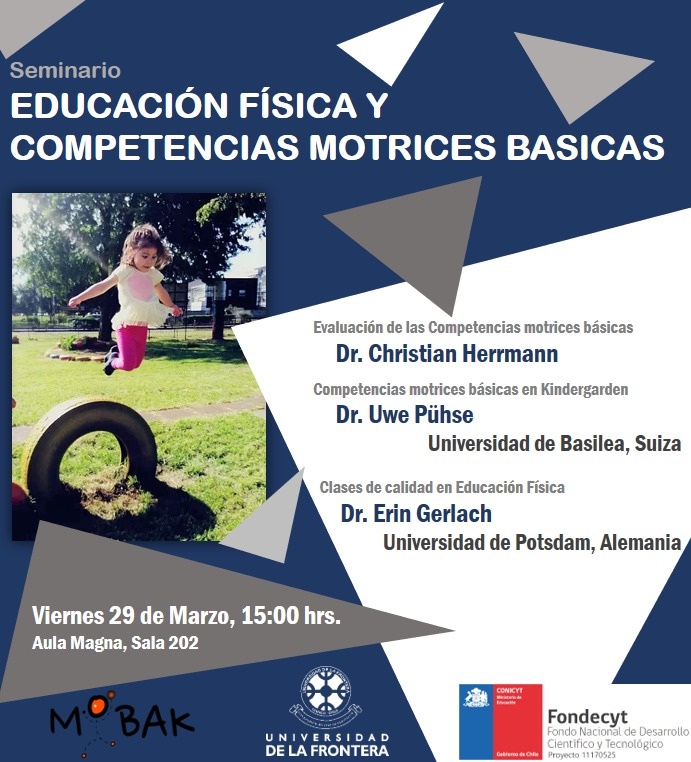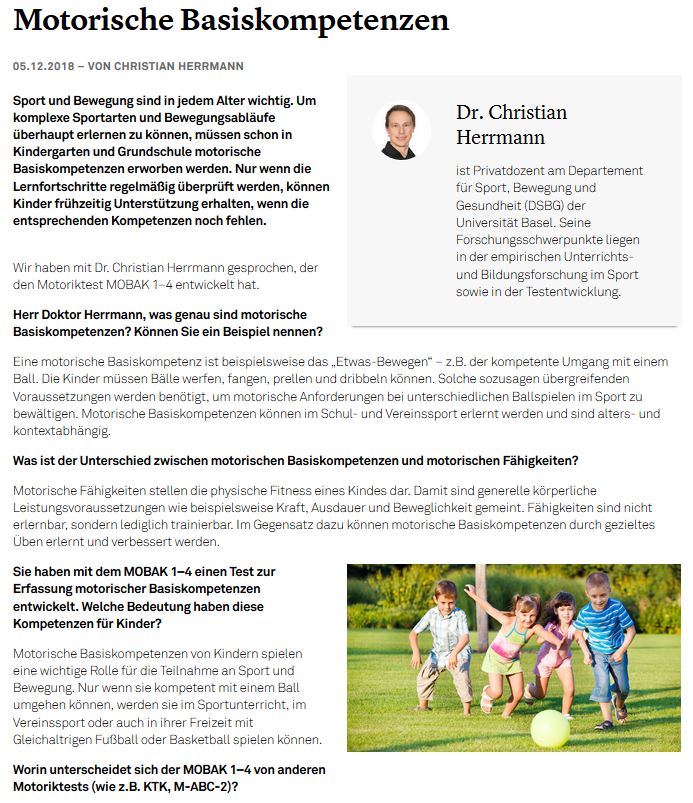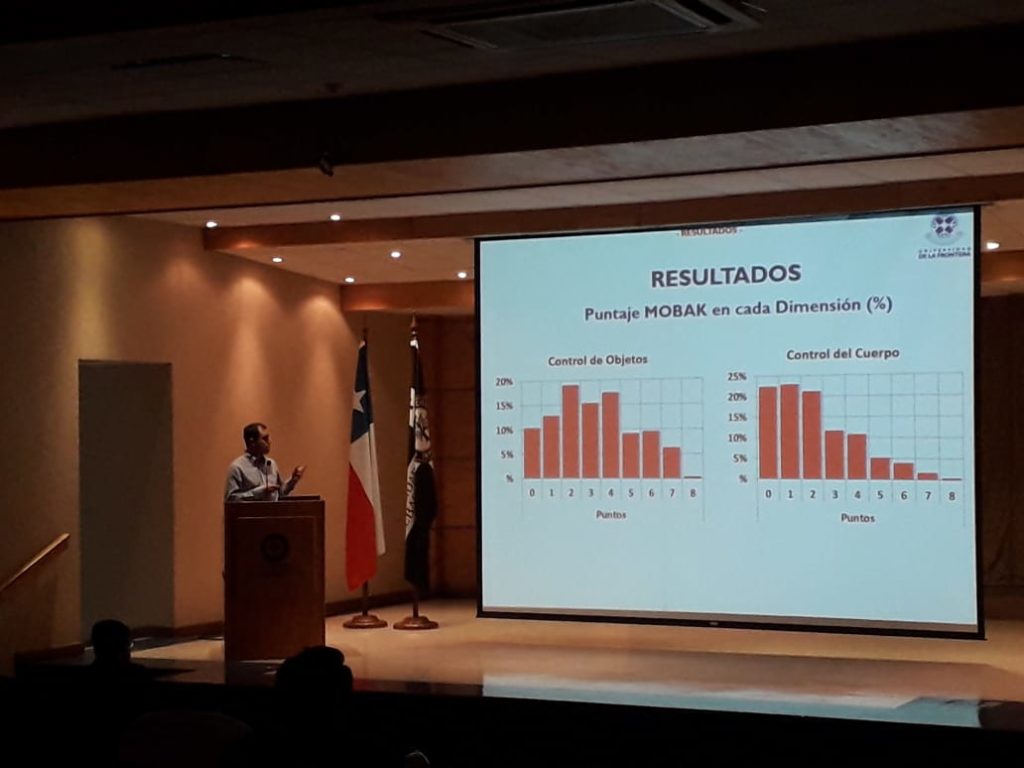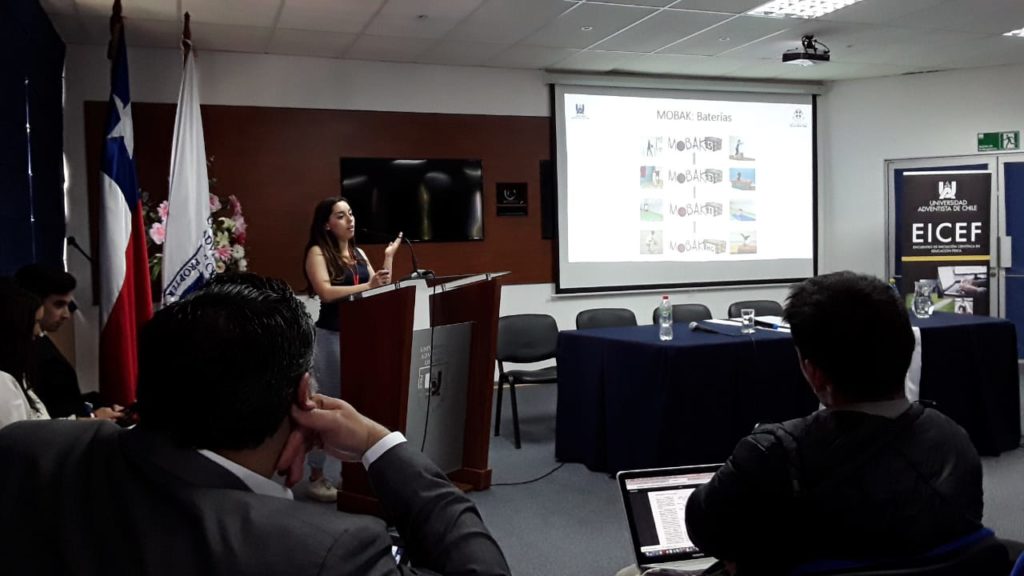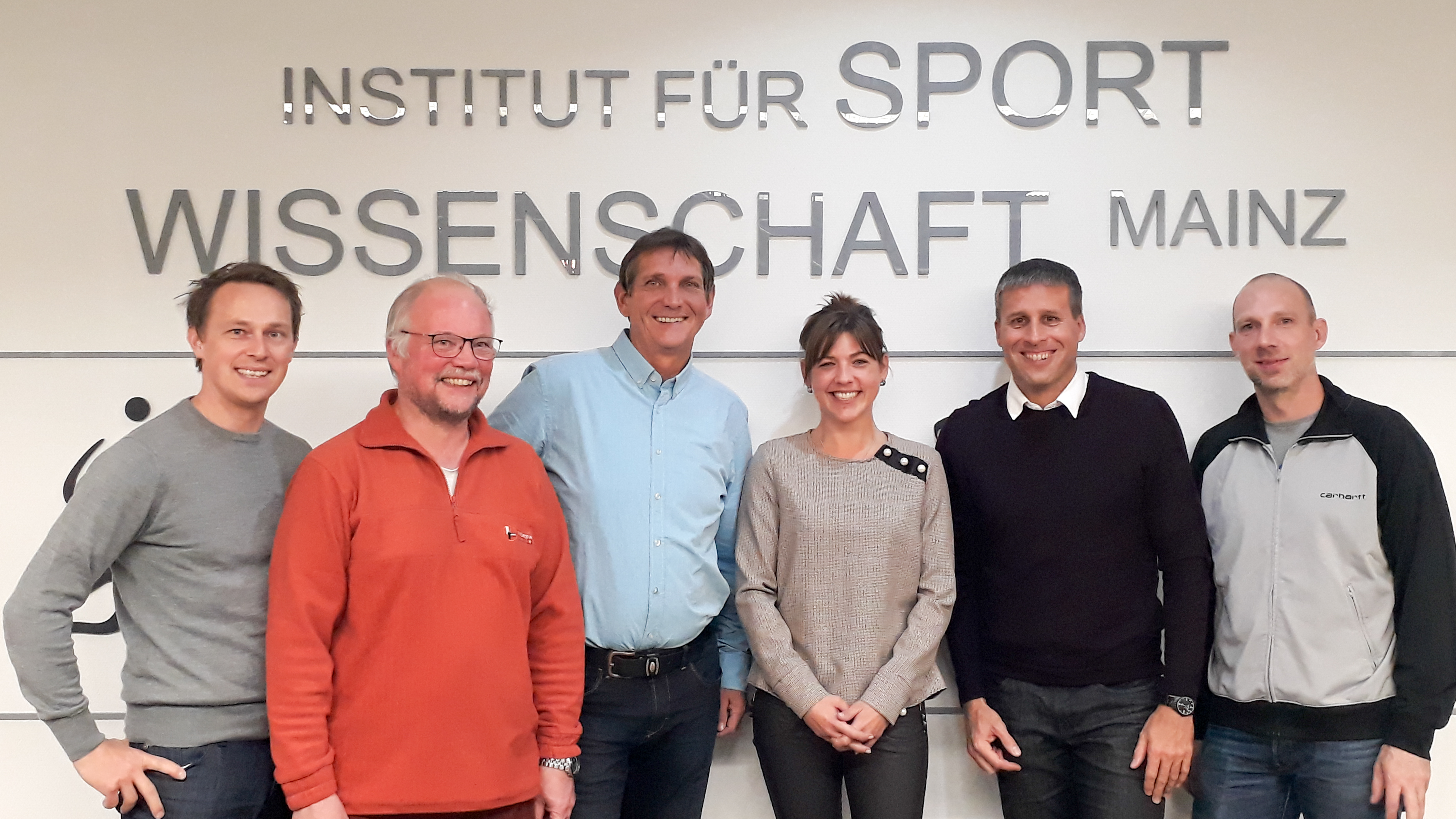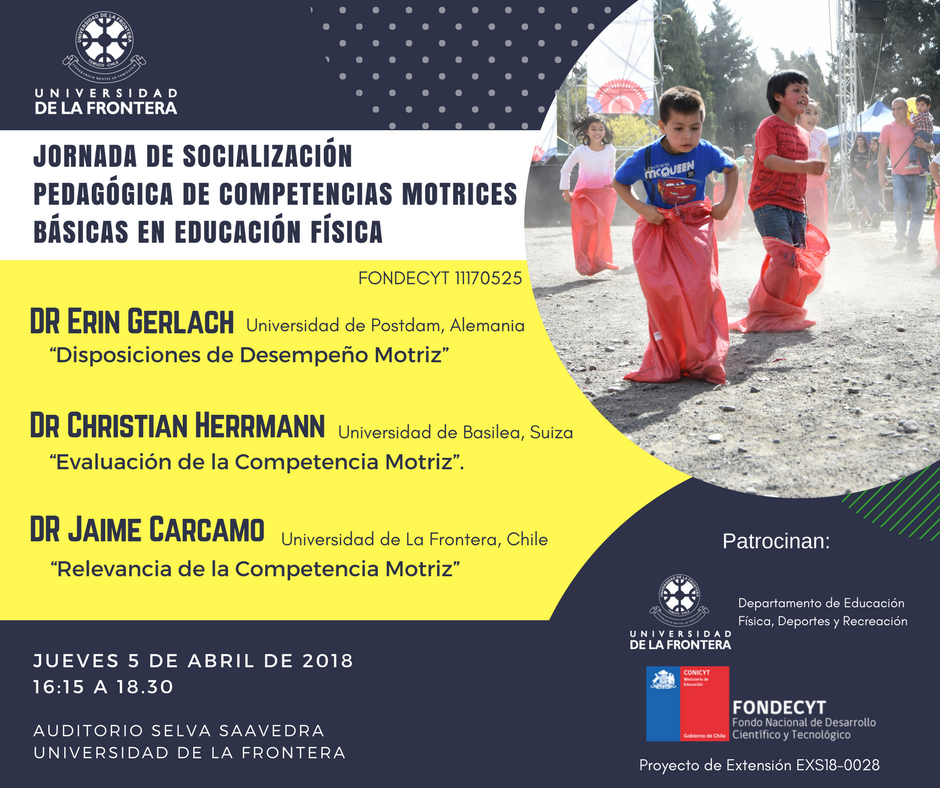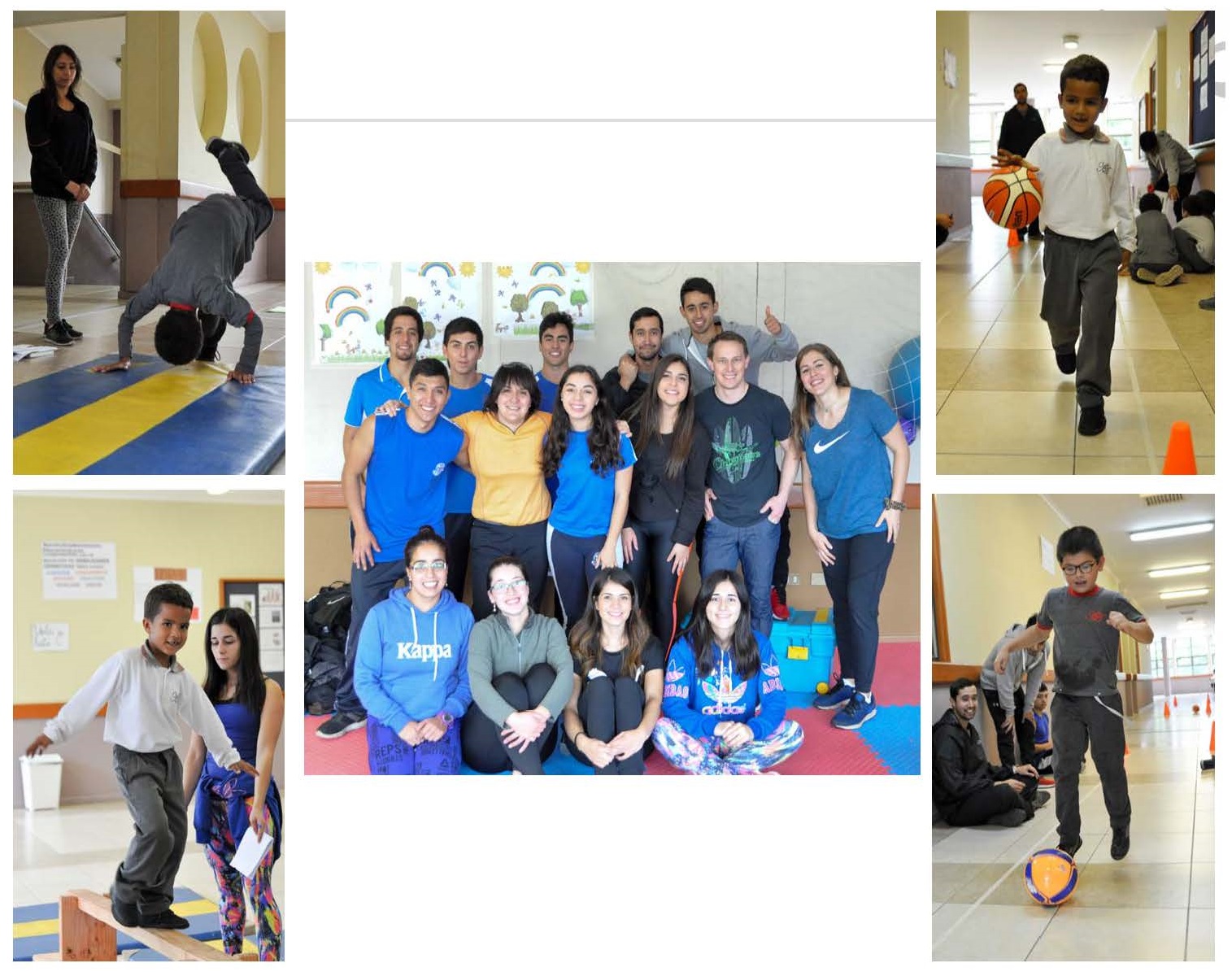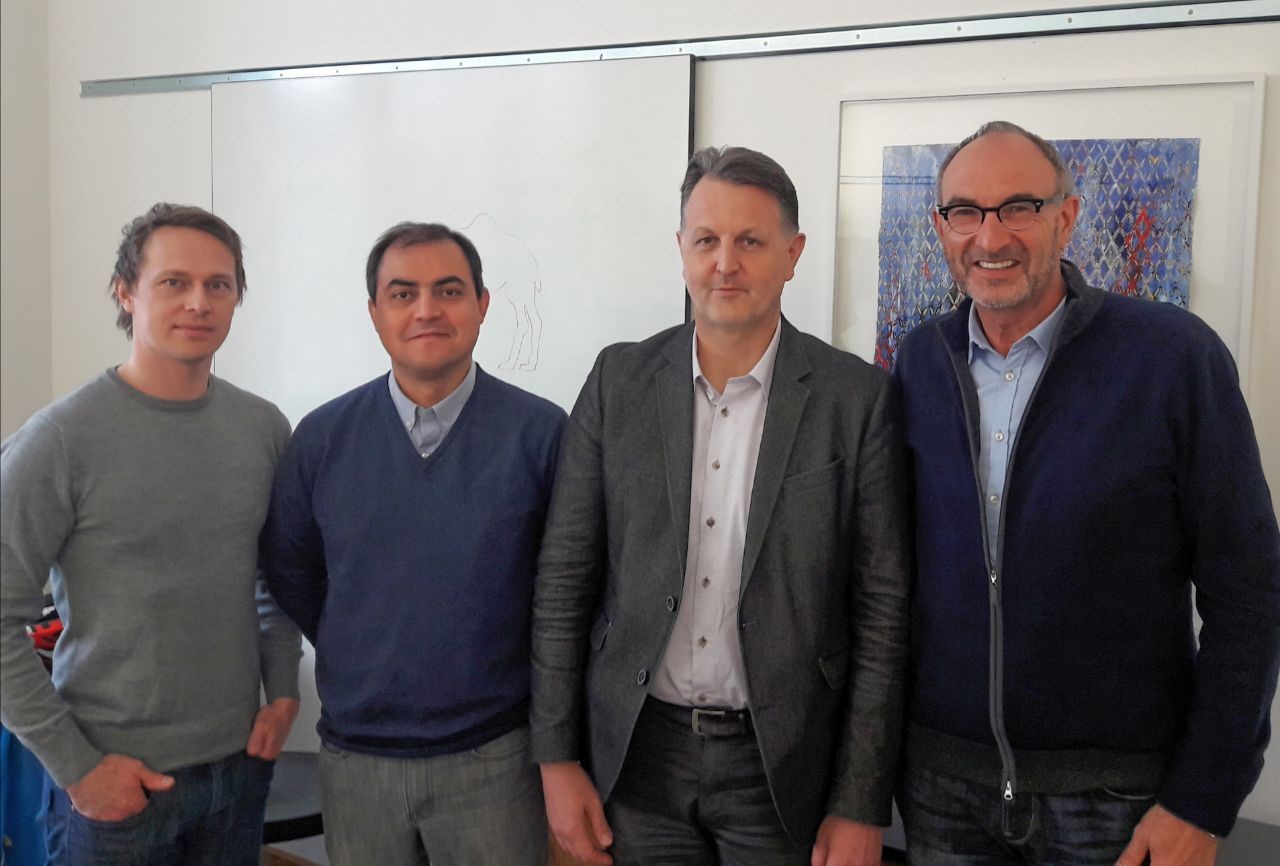The AIESEP conference took place from 14 to 17 May in Jyväskylä, Finland. MOBAK team was present with a symposium (which included six oral presentations), and two additional oral presentations and one poster presentation. Kathrin Bretz (Zurich University of Teacher Education, Switzerland) and Jaime Carcamo (Universidad de La Frontera, Chile) kicked things off with presentations in the symposium Insights related to European and Latin-American children’s actual and perceived motor competence and its implications for overall development. In her contribution, Kathrin Bretz focussed on the extent to which gender differences exist between perceived and actual motor competencies and the extent to which these are mediated by club sports participation. Meanwhile, Jaime Carcamo analysed the association between motor competence and physical behaviour form a compositional and isotemporal perspective.
In the poster session on Wednesday, Petr Vlček (Goethe University Frankfurt am Main, Germany), together with Maike Niehues (University of Hamburg, Germany) and Lucas Schole (University of Hamburg, Germany), presented the project Digital Competence Centre for Basic Motor Competence – MOBAK DigiKo from Germany.
On Thursday morning, six studies were presented at the Basic Motor Competencies symposium. Jaime Carcarmo presented a validation study for the Spanish version of the MOBAK-KG in Chile and Spain. In the second presentation, Manolis Adamakis (National and Kapodistrian University of Athens, Greece) presented profiles of basic motor competencies and the comparison of two age groups in Greece. Lucas Schole then presented the results of an evaluation of the training programme developed in the BMC-EU project. Christian Herrmann (Zurich University of Teacher Education, Switzerland) then reported on the results of the EMOKK study on the development of basic motor competencies and their connection to sport participation. In the fifth contribution, Benjamin Niederkofler (Free University of Bolzano, Italy) focussed on the PE based promotion of basic motor competencies, before once again Lucas Schole concluded the symposium by presenting the newly developed MOBAK App and initial usability results.
Details on the individual contributions can be found in the book of abstracts!
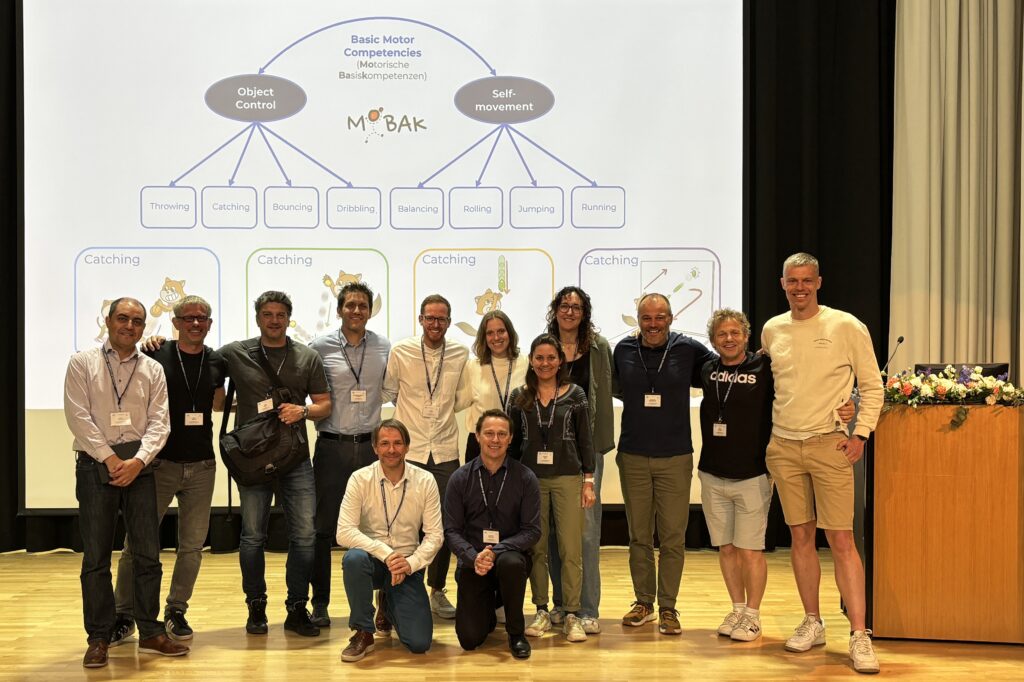
The following persons were involved in the above-mentioned contributions:
Alicia Alonso-Martinez (University of Navarra, Spain)
Jasmin Czogalla (Goethe University of Frankfurt am Main, Germany)
Mats Egerer (Europe University of Flensburg, Germany)
Fabienne Ennigkeit (Goethe University Frankfurt am Main, Germany)
Isaac Estevan (Universidad de Valencia, Spain)
Ilaria Ferrari (Zurich University of Teacher Education, Switzerland)
Erin Gerlach (University of Hamburg, Germany)
Christopher Heim (Goethe University of Frankfurt am Main, Germany)
Konstantinos Karteroliotis (National and Kapodistrian University of Athens, Greece)
Irene Kossyva (National and Kapodistrian University of Athens, Greece)
Johanna Kress (Zurich University of Teacher Education, Switzerland)
Pascale Lüthy (Zurich University of Teacher Education, Switzerland)
Nicolas Martinez-Lopez (Universidad de La Frontera, Chile)
Clarice Martins (University of Porto, Portugal)
Jeffrey Sallen (University of Hamburg, Germany)
Jürgen Schwier (Europe University of Flensburg, Germany)
Harald Seelig (University of Basel, Switzerland)
Anne Strotmeyer (University of Paderborn, Germany)

